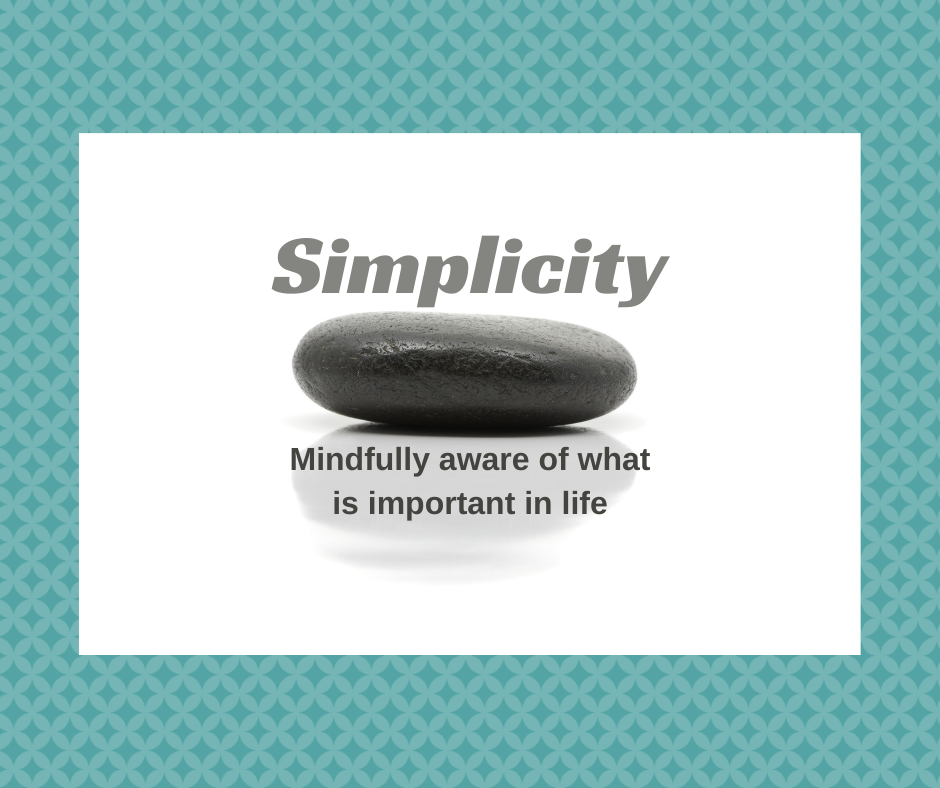
Strength

Description
Strength is the inner power to withstand whatever comes. It is our capacity to endure during tests. We grow in strength as we tackle life’s challenges with courage and determination. We deepen in strength when we choose gentleness and practice patience. We stay strong when we recognize that suffering is a thread woven through the design of our lives, not to make us unhappy but to transform us with grace.
Quote
“Character cannot be developed in ease and quiet. Only through experience of trial and suffering can the soul be strengthened, vision cleared, ambition inspired, and success achieved. ”
— Helen Keller
The Practice of Strength
- I have the power to endure my tests.
- I willingly face the challenges of my life.
- I have the courage to persevere.
- I cultivate gentleness and patience.
- I understand the purpose of suffering.
- I trust the value of transformation.
Definitions and practices of virtue are used with permission from the Virtues Project™.
In Family Life
The virtue of strength within a family is a beacon of resilience and unity. It manifests itself through unwavering support during both the joyous and challenging moments of life. In a family, strength is demonstrated by the ability to weather storms together, offer a shoulder to lean on, and provide a safe haven where each member can find solace and encouragement.
It’s about facing adversity head-on, with determination and grace, while nurturing an atmosphere of love, trust, and understanding. In such families, the bonds grow stronger with time, and the collective strength becomes a source of inspiration, fortitude, and enduring love for all its members.
Balancing Strength
Strength is a virtue that resides deep within us, a reservoir of inner power that enables us to weather life’s storms with unwavering resolve. Keeping it in balance keeps us from inflexibility and avoidance.
-
-
- Compassion: Compassion balances an overdeveloped strength by reminding us of the importance of empathy and understanding. It encourages us to soften our resolve when necessary, offering kindness and support to others without compromising our inner strength.
- Humility: Humility helps counterbalance an overdeveloped strength by encouraging us to recognize our own limitations and vulnerabilities. It reminds us that true strength is not about being invincible but about acknowledging our humanity.
- Resilience: Resilience complements underdeveloped strength by nurturing our ability to bounce back from adversity. It empowers us to face challenges with courage and determination, knowing that setbacks are growth opportunities.
- Acceptance: Acceptance harmonizes with underdeveloped strength by teaching us to embrace suffering as a natural part of life’s journey. It allows us to find grace amid hardship, fostering inner strength through surrender.
-
Balancing the virtue of strength guides our journey toward inner strength and grace.




